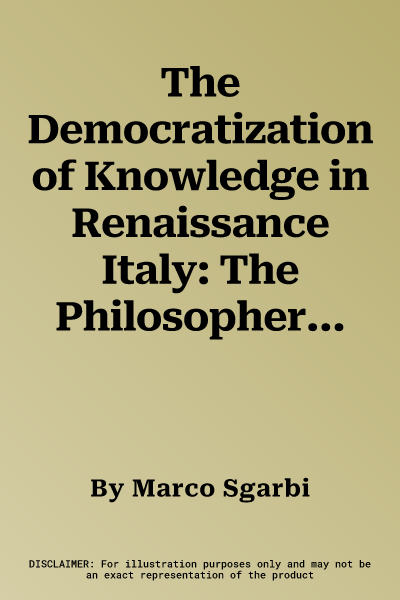Marco Sgarbi
(Author)The Democratization of Knowledge in Renaissance Italy: The Philosopher and the PeopleHardcover, 12 December 2022

Temporarily out of stock
Free Delivery
Cash on Delivery
15 Days
Free Returns
Secure Checkout

Part of Series
Scientiae Studies
Print Length
288 pages
Language
English
Publisher
Amsterdam University Press
Date Published
12 Dec 2022
ISBN-10
946372138X
ISBN-13
9789463721387
Description
Product Details
Author:
Book Format:
Hardcover
Country of Origin:
US
Date Published:
12 December 2022
Dimensions:
22.35 x
16.26 x
3.56 cm
ISBN-10:
946372138X
ISBN-13:
9789463721387
Language:
English
Location:
Amsterdam
Pages:
288
Publisher:
Series:
Weight:
612.35 gm